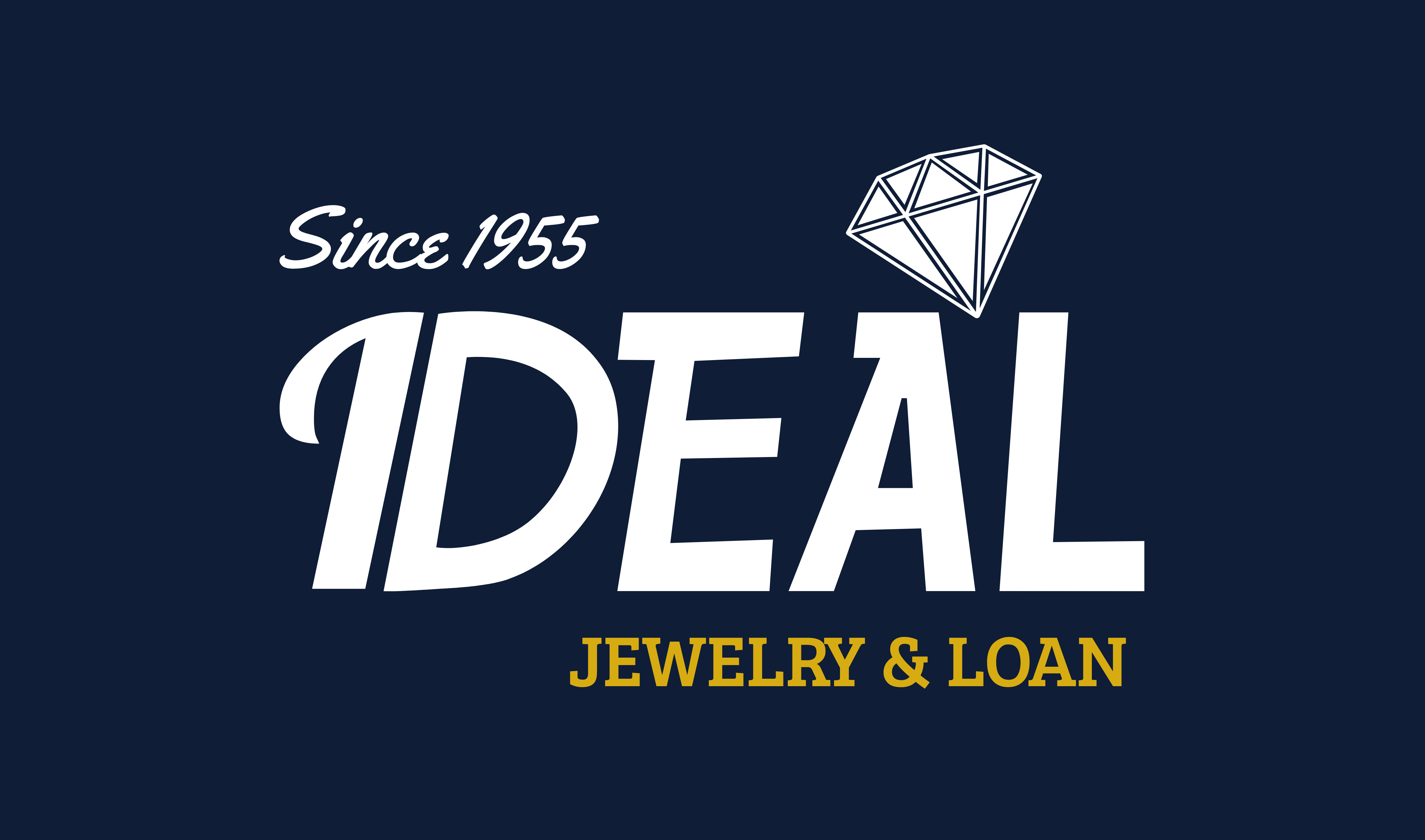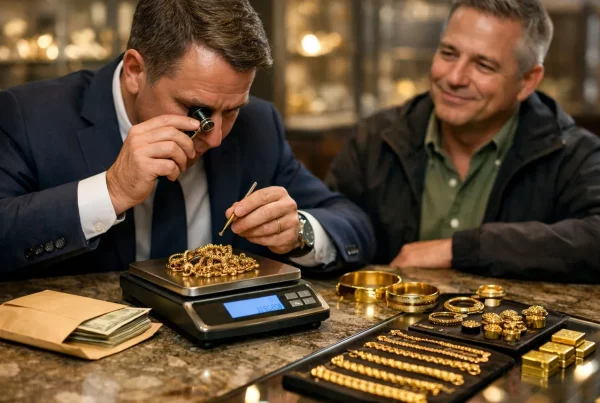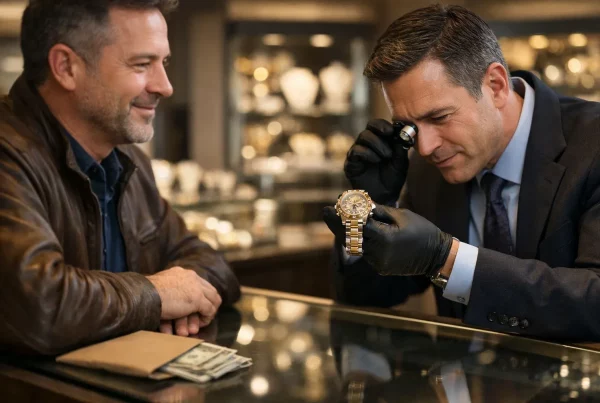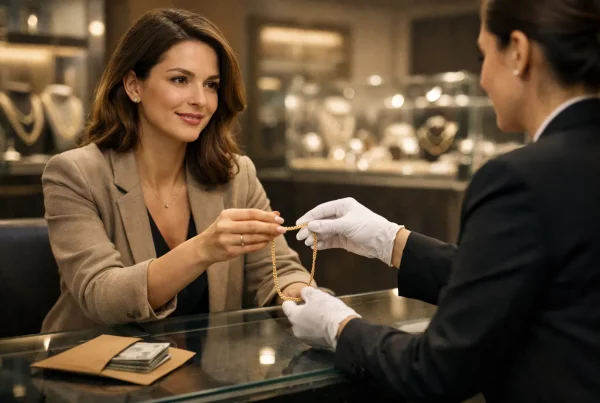
Understanding Gold Appraisal at Pawn Shops: Is 14K Gold Worth It?
If you’re thinking about pawning or selling your 14K gold, you’ve probably asked yourself, “Am I really getting what it’s worth?” Gold might be a precious metal, but at pawn shops, it isn’t treated like a one-size-fits-all deal. The appraisal process is a mix of market value, purity, weight, and a little bit of negotiation know-how. Let’s break it down simply so you can walk in informed—and walk out with a better deal.
What Does “14K Gold” Actually Mean?
First things first—14K gold isn’t pure gold. It’s made up of 58.3% real gold and 41.7% alloy metals (like copper, zinc, or silver). That means when a pawn shop weighs your jewelry, only a little over half of that weight is actual gold. The rest doesn’t count toward your payout.
So if your ring weighs 10 grams, only about 5.83 grams are real gold. This is exactly why 14K sells for less than 24K. But don’t worry—it still holds solid value, especially if gold prices are trending high.
How Pawn Shops Appraise 14K Gold
Here’s what really goes down behind the scenes:
Weight Check: They’ll use a digital scale to weigh your gold.
Purity Check: Your item is tested (sometimes with acid or an XRF gun) to confirm it’s truly 14K.
Market Value Calculation: They’ll look up the current gold spot price and calculate how much your pure gold portion is worth.
Offer Time: Expect to get 40–65% of the item’s market value. Yes, that’s lower than what it’s worth—but pawn shops need room for resale and risk.
Why You’re Not Getting Full Market Value
You might wonder why pawn shops don’t just give you the going rate per gram. The truth is, their offer has to factor in overhead, refining costs, profit margin, and the risk of gold prices dropping before they resell it.
It’s also a loan if you’re pawning—not selling. That adds more risk for them, and slightly less cash for you.
What Impacts Your Offer?
Aside from weight and purity, a few extra factors can swing the offer up or down:
Condition: Scratched, broken, or heavily worn items fetch less.
Jewelry Design: Designer brands or antique pieces might get extra.
Demand: If gold is hot and supply is low, your value could go up.
Negotiation: Don’t be afraid to ask for a better offer—just be respectful and informed.
How to Get a Better Appraisal Rate
Want more cash for your gold? Here’s what helps:
Know the current price per gram for 14K gold (you can Google it daily).
Clean your jewelry—it shows effort and may boost the perceived value.
Bring documentation if you have it (like a receipt or certification).
Compare offers from 2–3 pawn shops before committing.
Is It Worth It?
For quick cash? Yes, 14K gold is absolutely worth something. Just know you won’t get full retail value—because pawn shops are businesses, not charities.
If you have emotional ties to the piece, consider pawning it instead of selling. That way, you can redeem it later when finances are better.
For those with broken chains or solo earrings with no pair? Selling might be your best bet.
Final Thoughts
Understanding how gold is appraised helps remove the mystery—and the surprise. Whether you’re pawning grandma’s necklace or selling an old ring, the more you know, the more power you have to make smart choices.
Pawn shops like Ideal Jewelry and Loan offer on-the-spot evaluations and fair cash offers. Just walk in prepared, and you’ll walk out with confidence.




